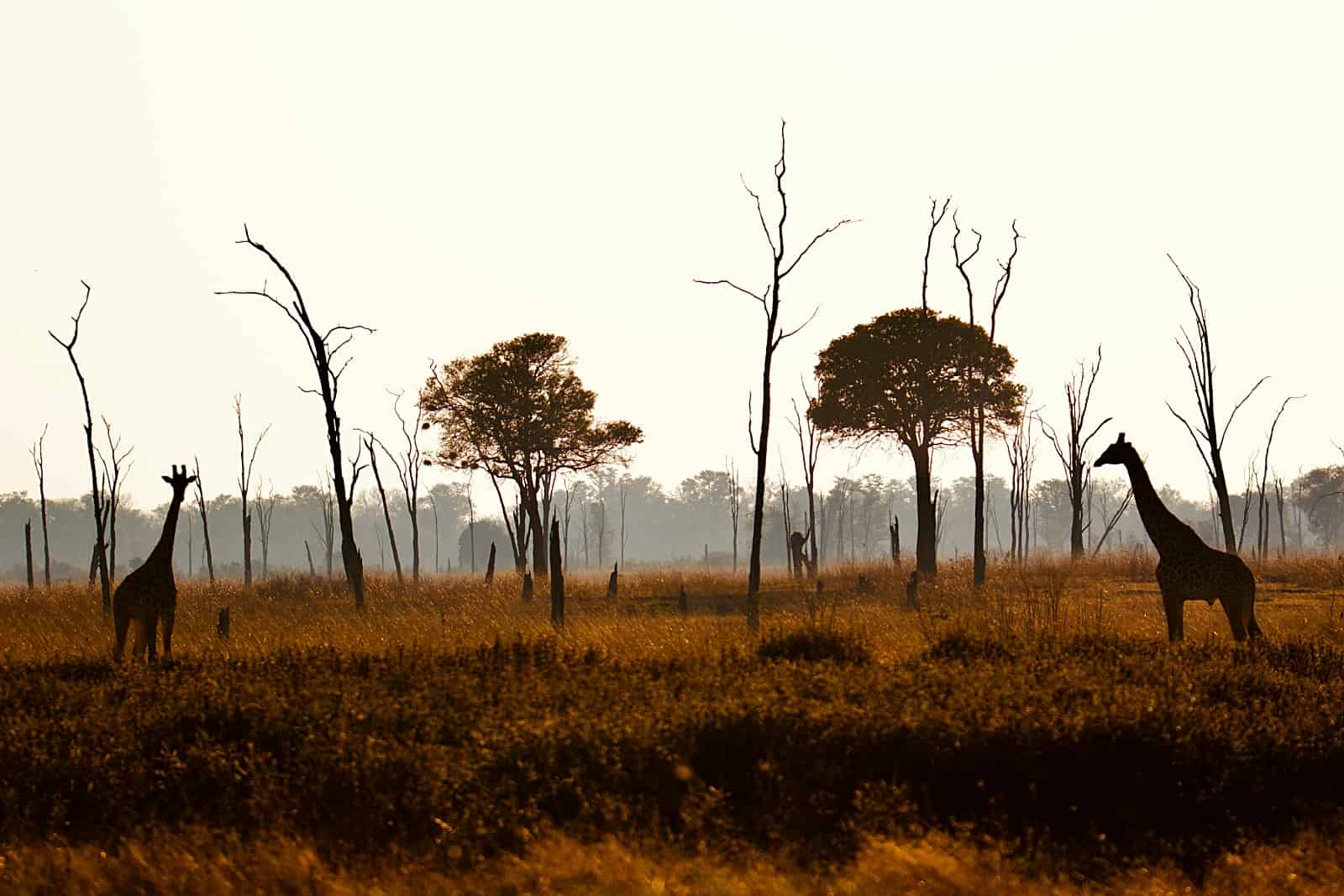The proposed East African Crude Oil Pipeline (EACOP) is a project that has sparked heated debates and opposition in Uganda due to its potential impact on biodiversity. The EACOP will cut across several ecosystems, including forests, wetlands, rivers, and other vital habitats that support rich biodiversity. The pipeline poses a significant threat to wildlife, plants, and other organisms, as well as the entire ecosystem they inhabit. Here are some ways the EACOP will affect biodiversity.
Habitat loss: The pipeline will cause the destruction of critical habitats for several wildlife species, including mammals, birds, and reptiles. The pipeline will cut through the Murchison Falls National Park, which is home to several endangered species, such as elephants, lions, and chimpanzees. The pipeline will also destroy vital breeding grounds for fish, amphibians, and other aquatic life in the Lake Victoria Basin.
Soil and water pollution: The construction and operation of the pipeline will lead to soil and water pollution, which could have far-reaching effects on biodiversity. The pipeline will require clearing of vast areas of forest and wetlands, leading to soil erosion and degradation. Oil spills and leaks could contaminate water sources, killing aquatic life and affecting the health of terrestrial animals and plants that depend on these water sources.
Climate change: The extraction, transportation, and burning of oil contribute to greenhouse gas emissions, which contribute to climate change. Climate change is already affecting biodiversity, causing shifts in species distributions, changes in seasonal patterns, and altering critical habitats. The EACOP will exacerbate climate change, leading to further impacts on biodiversity.
Invasive species: The construction and operation of the pipeline will increase the risk of introducing invasive species, which can have devastating effects on native biodiversity. Construction activities could bring in invasive plant species, while the transportation of equipment and materials could introduce invasive animals, such as rats and mice.
Fragmentation of habitats: The construction of the pipeline will lead to fragmentation of habitats, which could isolate species populations and lead to genetic diversity loss. The fragmentation of habitats will also limit the movement of animals and plants, making it difficult for them to migrate and adapt to changing conditions
Action is needed to stop this

